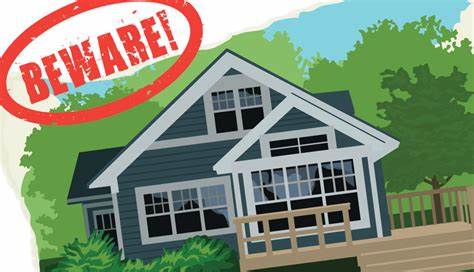Your rental deposit is usually four times your weekly rent and can be considered a deposit. If you don't pay the rent or damage the property in any way, it will give your landlord some financial guarantees.
If there is no problem with the rental period, you can get back your deposit when you move out. What you need to know about your rental deposit
So what do you need to know?
1. How much do I have to pay?
Generally, the deposit is a four-week rent, but it will vary depending on the state and the rent you pay.
You and your landlord will sign a bond deposit document detailing the amount paid. You will then pay for your bond, which will be submitted to the Residential Bond Administration of your state or region along with the bond submission. This will ensure that you or your landlord can be protected and used when you leave.
When you are ready to leave, your property manager will check for any damage or problems you caused during the rental period and check if all rent has been paid.If your payment is up to date and there is no damage, the property and garden are clean and tidy and the bond will be released to you. Both you and the landlord need to sign the release document. This can usually be done online.
However, if there are any problems, your landlord will try to deduct the amount from your deposit to cover the cost. If you believe that these claims are unreasonable, you can dispute them through your state's rental court. In addition to being a good tenant, the three things you can do are to make sure your bonds are repaid:
- Follow the correct legal process and follow up on any unfinished documents;
- Complete a check-in report prior to check-in to list any existing damage to the property;
- Stick to a checkout report and the owner or property manager compares the property status with your entry report to determine if the damage was your fault or pre-existing.
4. When can I get the bonds?
5. Is there anything else I should know?




